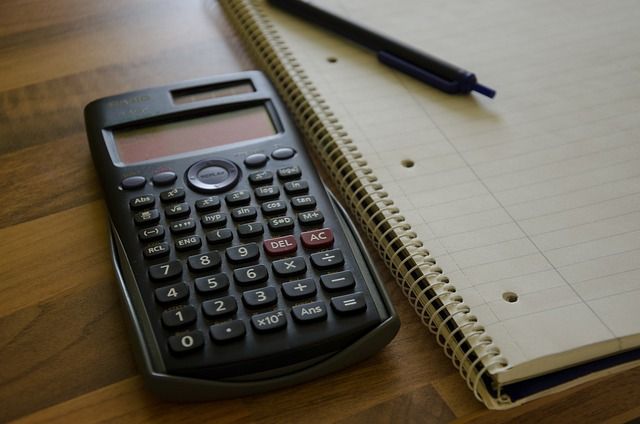
Cryptocurrency in Divorce
April 2025
As digital currencies become more widely held, they are increasingly featuring in divorce proceedings. Whether acquired as an investment or mined over time, cryptocurrency is considered a financial asset and must be disclosed during financial settlements in divorce.

This summary provides general information and does not constitute legal advice on any individual circumstances.
In UK divorce proceedings, cryptocurrency is treated as a form of property, similar to savings, pensions and shares. Whether held by one or both spouses, any cryptocurrency must be included in the financial disclosure process. Its current value is assessed and considered alongside other assets when the court determines how the overall financial settlement should be structured.
Although cryptocurrency exists in digital form and can be held anonymously in online wallets, it is not exempt from legal scrutiny. The courts have made it clear that digital assets must be disclosed in the same way as any other property. Valuing cryptocurrency can be complex due to market volatility, but that does not reduce the obligation to report it accurately.
Failure to disclose cryptocurrency, whether intentionally or through lack of understanding, can have serious consequences. This includes penalties, adverse inferences being drawn by the court or a financial order being set aside if hidden assets are discovered after the divorce is finalised.
How Is Cryptocurrency Valued in Divorce?
One of the main challenges in dealing with cryptocurrency during a divorce is its volatility. The value of digital currencies can change dramatically over short periods, sometimes within hours. This makes it difficult to assign a stable or consistent value during financial proceedings, particularly when negotiations or court hearings span several weeks or months.
As part of the financial disclosure process, parties may be required to obtain an up-to-date valuation of their cryptocurrency holdings based on the market rate at the time of the hearing or settlement. Given the fluctuations, the timing of the valuation can have a significant impact on the final outcome. This can lead to disagreements over fairness if the asset’s value shifts considerably before the divorce is finalised.
In cases involving substantial amounts or where digital assets are held across multiple wallets, exchanges or blockchains, expert evidence may be necessary. A forensic accountant or cryptocurrency specialist may be instructed to trace, value and explain the nature of the holdings. This is especially important where one party suspects undisclosed assets or if there is a history of high-volume trading.
The court will also consider how easily the asset can be accessed and whether it is liquid, meaning whether it can be readily converted into cash.
What If Only One Spouse Owns Cryptocurrency?
Even if only one party holds cryptocurrency, it may still be subject to division as part of the matrimonial pot. This is especially true if the cryptocurrency was acquired during the marriage or if it contributed to the couple’s financial means. The court has discretion to decide what is fair, which may mean adjusting the rest of the settlement to account for the crypto holdings rather than dividing the cryptocurrency itself.
If one party is suspected of trying to hide cryptocurrency or move it out of reach during divorce proceedings, the court can take action to trace and freeze those assets.
How Can Fullers Help?
At Fullers Family Law, we understand that finding a solicitor that you feel understands your own specific situation can be a daunting task. So, you can book a free call back with us here.
We have also created a series of fixed-price consultation meetings with a full ‘no questions asked’ money-back guarantee' promise.
For an initial discussion and a no-obligation quote, get in touch with us today by simply calling us on 01234 343134, filling in the contact form below, or emailing us at enquiries@fullersfamilylaw.com and a member of our team will get back to you.

